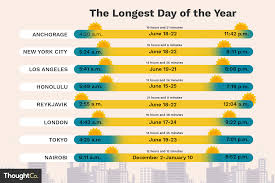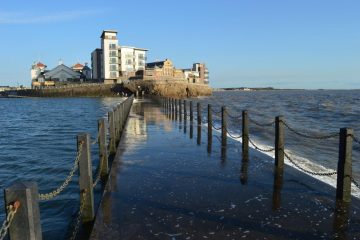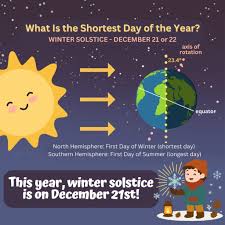Exploring Lake Geneva: Culture, Tourism, and Nature
Introduction
Lake Geneva, or Lac Léman as it is locally known, is one of the largest lakes in Western Europe and serves as a natural border between Switzerland and France. Its importance extends beyond its vast beauty; it is a vital hub for tourism, culture, and economic activities in the region. With its picturesque landscapes, charming towns, and rich historical background, Lake Geneva attracts millions of visitors each year, solidifying its status as a premier travel destination.
The Natural Beauty of Lake Geneva
Extending over 580 square kilometres, Lake Geneva is surrounded by stunning vistas of the Alps, and the Jura mountains. The lake’s crystal-clear waters are not only a stunning sight but also provide a wealth of recreational opportunities for tourists and locals alike, including sailing, swimming, and hiking in the surrounding hills. The famous promenade along the lake, known as the Quai des Fleurs, offers visitors a chance to enjoy leisurely walks, cycle rides, and vibrant waterfront activities.
Cultural Significance
Lake Geneva is home to several historical and cultural sites. The cities of Geneva, Lausanne, and Montreux each carry their unique charm and attractions. Geneva, known for its Red Cross headquarters and United Nations offices, is an international cultural hub. Lausanne boasts impressive museums and festivals, while Montreux is famous for its annual jazz festival, drawing music lovers from around the globe. The region is also dotted with beautiful vineyards reflecting the UNESCO World Heritage designation of the Lavaux Vineyard Terraces.
Recent Developments
In light of recent global events, tourism around Lake Geneva has experienced a revival. Authorities have been actively promoting sustainable tourism practices to preserve the natural environment and cultural heritage of the area. As of the summer of 2023, local governments and tourism boards are implementing initiatives to encourage green travel, including public transport discounts and eco-friendly accommodations.
Conclusion
Lake Geneva is not just a natural spectacle; it represents the convergence of nature, culture, and community. Its significance as a tourist destination remains robust, with ongoing developments promising to enhance and preserve the region’s charm for future generations. As international travel continues to recover, Lake Geneva stands poised to welcome visitors with its blend of stunning scenery and rich heritage, ensuring its place as a beloved treasure in Switzerland and France.









